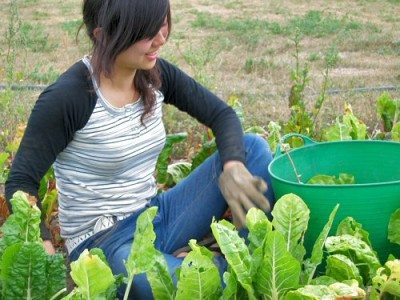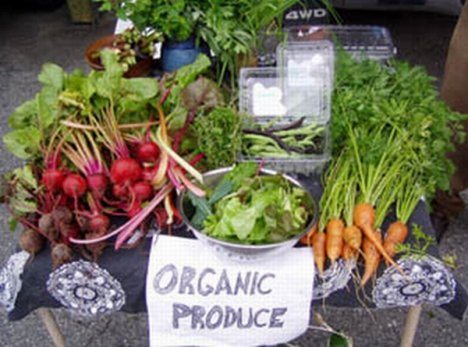Organic farming profitability is something every farmer thinks about at a certain point. It is certainly more environmentally sustainable, but can it be economically sustainable also?
According to new research in the Agronomy Journal, in an analysis of 18 years of crop yield and farm management data from a long-term University of Minnesota trial, an organic crop rotation was consistently more profitable and carried less risk of low returns than conventional corn and soybean production, even when organic price premiums were cut by half.
Sounds Promising
Previous research has almost universally found the same thing: organic farming profitability is higher than farming with conventional methods, says also the study’s leader, Timothy Delbridge, a Univ. of Minnesota doctoral student in agricultural economics. However, these conclusions are mostly based on findings from short-term trials in small plots.
What sets the Minnesota study apart is :
- both the large size of its experimental farm plots (165 ft by 92 ft) and
- the trial’s longevity.
“Doing an economic study like this, it’s important to get as complete a picture of the yield variability as we can,” Delbridge said. “So, the length of this trial is a big asset. We’re pretty confident that the full extent of the yield variability came through in the results.”
What gave organic farming’s profitability the edge wasn’t higher crop yields, however; instead it was organic price premiums. In their absence, the net return from a two-year, conventional corn-soybean rotation averaged $342 per acre. That does not compare to $267/acre for a four-year organic rotation (corn-soybean-oat/alfalfa-alfalfa) and $273/acre for its four-year conventional counterpart.
Even with a full organic premium, though, the average net return from organic production rose to $538/acre. That significantly outperformed the conventional systems both in terms of profitability and risk. Also, organic production was still more profitable when the price premium was down by 50 percent.
Organic farming price premiums are often the main reason why farmers think about switching to organic production, Delbridge said, which means they also often wonder what would happen if the premiums declined.
Organic farming price premiums are often the main reason why farmers think about switching to organic production. Click To TweetExperimental Trial
Hence, he said, that the researchers considered different premium levels (full, half, and none) in their analysis. Not because they necessarily expect the premiums to go away anytime soon, he notes.
The cost of production was also a factor. The conventional 2-yr rotation had higher production costs on average ($198/acre) than either the four-year conventional rotation ($164/acre) or the organic one ($166/acre).
The difference primarily came in weed management, Delbridge said.
The price of purchasing chemical herbicides in the two-year conventional rotation exceeded the cost of controlling weeds mechanically in the organic system. That leads to higher overall production costs in the conventional rotation. Yes, even though organic production involved more field operations, Delbridge adds.
Delbridge cautioned that the analysis relied on organic yields from an experimental trial that sometimes exceeded the average yields actually achieved by organic corn and soybean producers in Minnesota. It also didn’t consider the overhead and fixed costs of farming.
He’s now part of a second project that compares the economics of organic and conventional production in a whole-farm system.
More importantly, he added, “What we’re looking at here are results between an established organic and an established conventional system. This research doesn’t take into consideration the issue of the transition itself: how difficult or costly that may be.”
Organic Farming Profitability – Grow Your Own Food
Still, if growers can successfully weather the transition, the study offers convincing new evidence that the change will be a lucrative one over the long haul.
I do also believe that growing your own fruits and vegetables is the best way to form a sustainable relationship with nature and food in general. Well, as much as possible that is.
Credit: TheIndependent.com
Check out our articles on Control the World through Genetically Modified Food, Pesticides and Food Safety, Genetically Modified Salmon?, Organic Food, or Local or?












Yes, organic crops are plants that are environmentally friendly and safe for consumption.
An excellent article! This just emphasizes the fact that organic gardening can be not only beneficial for the health of those who consume the crops grown organically, but for the profit margins of the growers( which is obviously a factor for them).